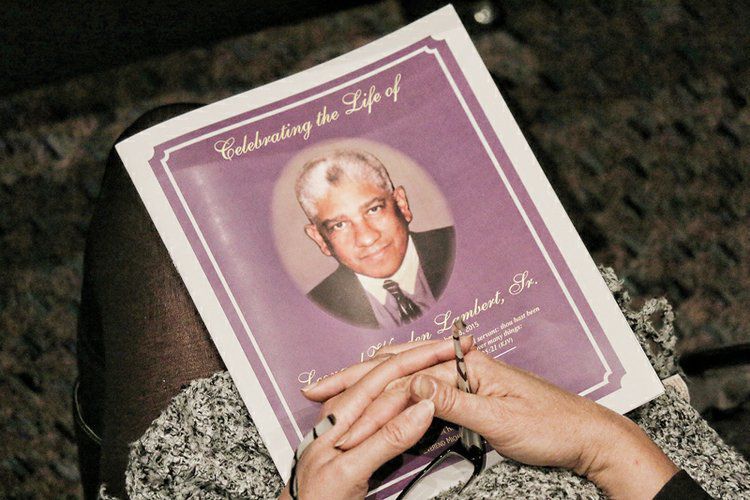What is an Irrevocable Funeral Trust
Planning for the eventuality of your funeral is always advised. By establishing your desires and arranging things as much as possible, you save your loved ones a lot of stress and overwhelm at the time of your death. One of the ways you can help your family after you have passed away is by establishing an Irrevocable Funeral Trust now.
What is an Irrevocable Funeral Trust?
Irrevocable Funeral Trusts are sometimes called I.F. Trusts, IFTs, Irrevocable Burial Trusts or Irrevocable Funeral Expense Trusts (IFET). An Irrevocable Funeral Trust is, quite simply, money set aside by an individual for the purpose of paying for that individual’s funeral expenses.
The word “irrevocable” is very significant in this phrase: once money is set onto an I.F. Trust, it cannot be moved, eliminated or changed in any way other than for its determined purpose (paying for funeral expenses). The individual no longer owns this money, it belongs to the trust and ultimately, the trust’s beneficiary: the provider of funeral services.
IFTs can pay for almost any services associated with a funeral, including the burial plot, embalming, the casket, and a variety of other expenses as defined by the trust document.
Advantage of an Irrevocable Funeral Trust
The primary intention of a trust is to reduce the stress on your family. Upon your death, your family will be grieving a loss. No one wants to have to crunch numbers and go shopping—it can be a very painful process to plan and pay for a funeral. A funeral trust saves your family from this stress.
Disadvantage of an Irrevocable Funeral Trust
The primary disadvantage of an irrevocable funeral trust is that costs can change. Because of inflation, it’s possible that the money you put in a funeral trust will not be adequate to cover funeral expenses by the time you die.
Irrevocable Funeral Trusts and Medicaid
Some people choose to put money in an IFT because it helps them to qualify for Medicaid. The money in an IFT doesn’t count as an asset and can therefore reduce a person’s countable assets, which then allows that person to qualify for Medicaid. That said, there are often limitations to the amount of money that can be placed in an Irrevocable Funeral Trust. These limitations are established by the state.
How to Establish an Irrevocable Funeral Trust
The first step in establishing an irrevocable funeral trust is to contact an estate planning attorney. The process of settuping up a trust such as this is a legal matter and should be completed with someone you trust. If you have a funeral home in mind for your funeral services, ensure that it will accept proceeds from the fund as payment, because some funeral homes do not.
Keep Your Family Updated
It’s important, with any legal document or end-of-life planning, to keep your family members and loved ones aware of your plans. Discuss this financial decision with you next of kin and ensure that everyone has a copy of the documents related to your IFT. This can help to expedite the process of accessing the funds when the time comes.
IFTs are not the only option for financial preparation in regards to your death and funeral. Other options, such as funeral insurance and funeral pre-payment, have become more popular in recent years. However you decide to prepare, your loved ones will be grateful you did so.




